India’s former Prime Minister Dr. Manmohan Singh dies at the age of 92
India Mourns the Loss of Former Prime Minister Dr. Manmohan Singh, A Visionary Leader at 92
India has lost one of its most esteemed and influential political figures with the passing of Dr. Manmohan Singh, the country’s former Prime Minister, at the age of 92. Known for his calm demeanor, deep intellect, and transformative leadership, Dr. Singh’s death marks the end of an era in Indian politics and the global economic community. His legacy, particularly in shaping India’s economic reforms and modernizing the nation’s economy, will be remembered for generations to come.
In this article, we reflect on the life, career, and impact of Dr. Manmohan Singh, celebrating his contribution to India’s growth and his status as a prominent leader on the world stage.
A Humble Beginning: The Early Life of Dr. Manmohan Singh
Dr. Manmohan Singh was born on September 26, 1932, in the village of Gah, now in Pakistan, before the partition of India. Coming from a humble Sikh family, Singh’s early life was shaped by the challenges of partition and the displacement it caused. His family eventually settled in Delhi, where Singh pursued his education, developing a passion for economics.
He went on to complete his Bachelor’s and Master’s degrees in Economics from the University of Punjab, and later earned a Doctorate in Economics from the prestigious University of Oxford in the United Kingdom. His academic excellence laid the foundation for a remarkable career in public service and economics.
Dr. Singh’s early work included roles at the Reserve Bank of India and Indian Ministry of Finance, where he quickly earned a reputation as a sharp, pragmatic economist. His expertise and commitment to economic reforms were soon recognized, and he was appointed the Finance Minister in 1991, a pivotal moment in India’s economic history.
The Architect of India’s Economic Liberalization
Dr. Singh’s most significant contribution to India came in the early 1990s when he was appointed as Finance Minister in the government of then-Prime Minister P. V. Narasimha Rao. At the time, India was facing a severe economic crisis, with dwindling foreign exchange reserves, a ballooning fiscal deficit, and a rigid, state-controlled economy. The country was on the brink of defaulting on its loans, and urgent reforms were needed to avoid an economic collapse.
Dr. Singh played a pivotal role in crafting and implementing a series of economic liberalization policies that would transform India into one of the fastest-growing economies in the world. These reforms included:
- Deregulating the economy and opening up key sectors to private competition.
- Reducing import tariffs and promoting free trade to increase India’s integration with the global economy.
- Privatizing state-owned enterprises and encouraging foreign direct investment (FDI).
- Promoting a more open, market-driven approach to industry, agriculture, and services.
The reforms were not without controversy, but they laid the foundation for India’s rapid economic growth in the subsequent decades. Dr. Singh’s bold and visionary approach to economic policy was widely credited with modernizing India’s economic landscape and setting it on a path toward prosperity.
Prime Ministership: A Steady Hand During Challenging Times
Dr. Singh served as India’s Prime Minister from 2004 to 2014, leading the country through a period of significant transformation and global recognition. His tenure was marked by economic growth, increasing global influence, and a focus on building stronger relationships with both developed and developing nations.
Under Dr. Singh’s leadership, India’s economy expanded at an impressive rate, with the country emerging as one of the world’s fastest-growing economies. He oversaw major developments in areas like information technology, telecommunications, and services, which propelled India’s status as a major player on the global stage.
In addition to his economic contributions, Dr. Singh was a highly respected figure in foreign diplomacy. He played a key role in strengthening India’s relations with the United States, China, and other global powers. His efforts in securing the India-US nuclear deal in 2008 were a defining achievement of his leadership. This deal, which allowed India to access nuclear technology and resources for peaceful purposes, marked a new chapter in India’s global standing.
While Dr. Singh was widely admired for his calm, measured approach and integrity, his tenure as Prime Minister was also marked by challenges. There were allegations of corruption within his government and rising inflation, particularly in the latter part of his term. Despite these issues, Dr. Singh remained a figure of stability and wisdom, often turning to diplomatic and economic solutions rather than engaging in partisan rhetoric.
A Legacy of Integrity and Intellectual Leadership
Dr. Manmohan Singh was widely regarded as a statesman of integrity, dedicated to his country’s progress and international standing. His leadership style was characterized by humility, thoughtfulness, and a commitment to truth, qualities that earned him respect across political divides.
Dr. Singh was not just a politician but also a highly respected economist, a fact that distinguished him from many of his contemporaries in Indian politics. He was deeply admired for his intellectual prowess and his ability to articulate complex economic and policy issues with clarity. His commitment to reform, modernization, and progress, even when faced with political opposition or difficult circumstances, earned him a place among the great leaders of modern India.
As Prime Minister, Dr. Singh worked tirelessly to ensure India’s global standing. He was instrumental in guiding India through the global economic slowdown of 2008, keeping the country on a steady path despite external challenges. His leadership during these tumultuous times demonstrated his ability to navigate complex global issues while safeguarding the nation’s interests.
Personal Life and Legacy
Despite his public life, Dr. Singh was a private man, known for his simplicity and humility. He was a family man, married to Sonia Singh, and was the father of two daughters. His personal life, much like his professional career, was marked by modesty and a deep sense of responsibility.
Dr. Singh’s legacy will be remembered for his visionary economic reforms, which transformed India into a burgeoning economic powerhouse, and his unwavering commitment to democracy, peace, and stability. He leaves behind a nation that owes much of its modern economic success to his leadership and foresight.
The Global Impact of Dr. Manmohan Singh
Dr. Singh’s influence was not confined to India alone. He was respected across the world as an economist and leader who championed the cause of global cooperation, economic growth, and sustainable development. His calm demeanor and diplomatic acumen earned him the respect of leaders from around the world.
Dr. Singh’s contributions to global policy, particularly in promoting economic cooperation, were recognized with numerous awards and honors. His legacy as a leader who was not swayed by political pressures but remained committed to the long-term development of India will continue to inspire future generations of policymakers.
Mourning His Passing: Tributes from Leaders and Citizens
Following the announcement of Dr. Singh’s death, tributes poured in from political leaders, intellectuals, and citizens alike. Indian Prime Minister Narendra Modi expressed his sorrow, calling Dr. Singh a “visionary leader who played a pivotal role in shaping India’s modern economy.” Congress President Mallikarjun Kharge described him as “a statesman who upheld the values of democracy, integrity, and national service.”
Leaders from across the world, including the United States, United Kingdom, and China, also extended their condolences, acknowledging Dr. Singh’s global influence and commitment to fostering international dialogue.
Conclusion: A Lasting Legacy
The passing of Dr. Manmohan Singh leaves a void in Indian politics and public life. He was a man of intellect, wisdom, and integrity, and his leadership played a key role in shaping modern India. Dr. Singh’s visionary reforms in the 1990s and his steady hand during his tenure as Prime Minister have left an indelible mark on the country’s progress.
As India reflects on his legacy, Dr. Singh’s contributions will continue to resonate as a guiding light for future leaders, both in India and around the world. His commitment to progress, peace, and economic prosperity has shaped the India we know today—and his legacy will remain a beacon for generations to come.
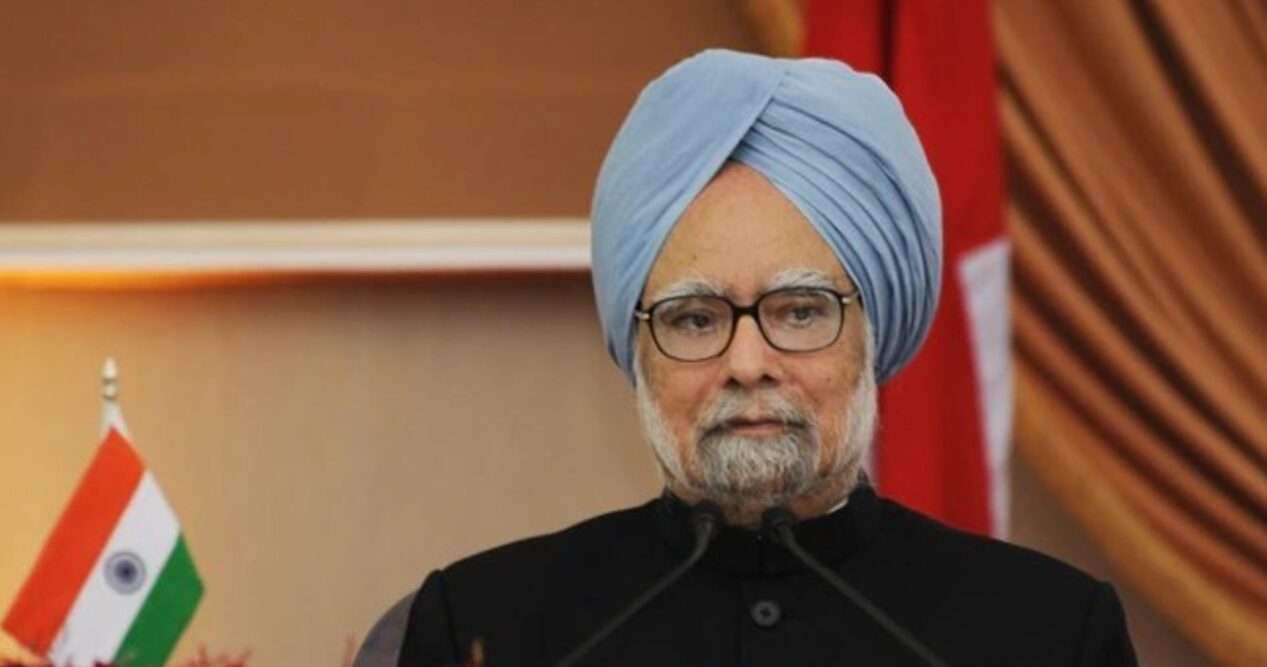
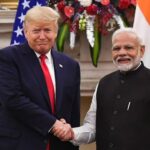
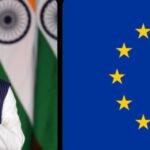

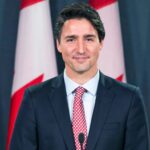

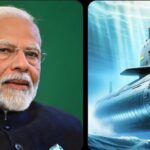
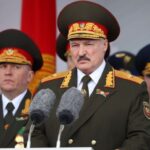
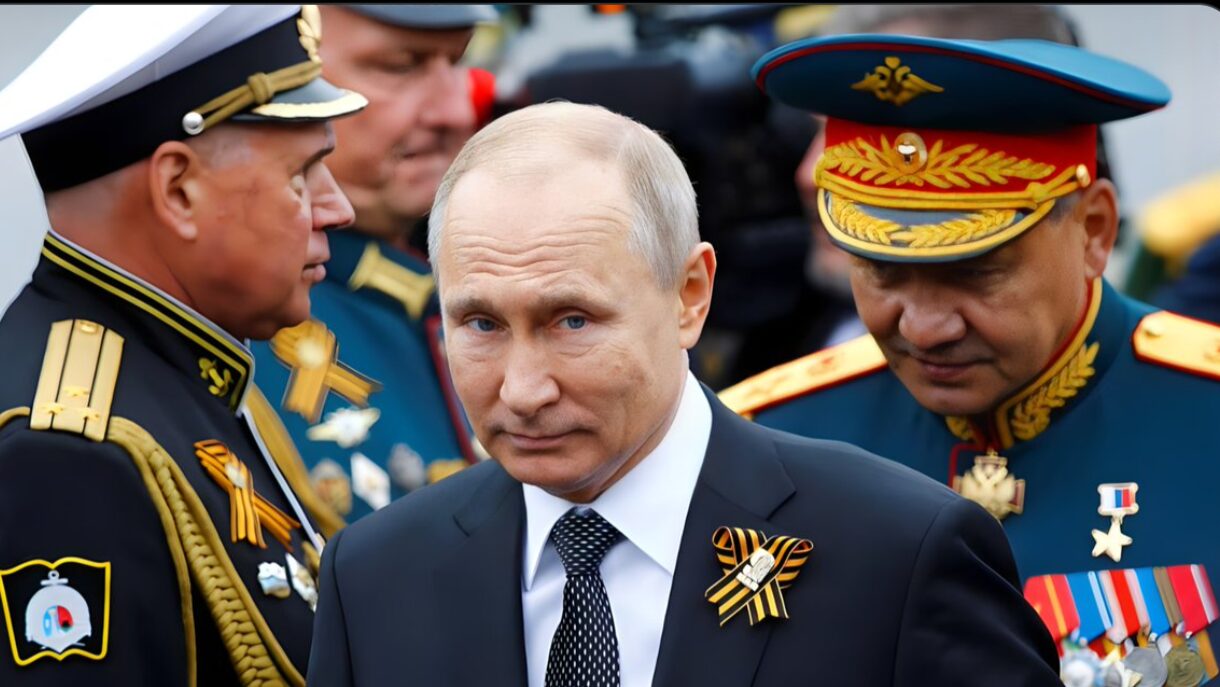








Post Comment